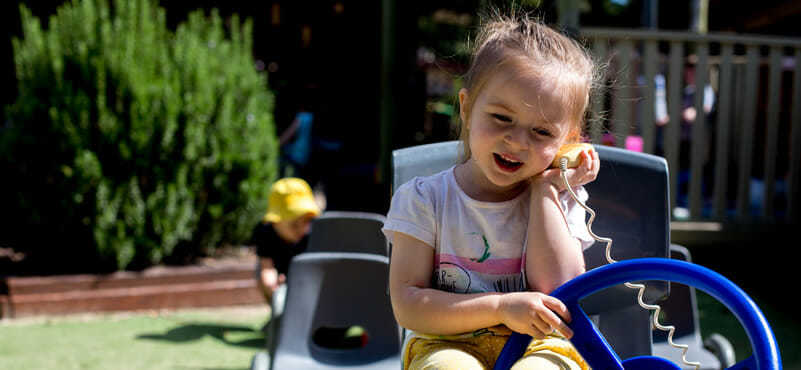
Why is talking with your child so important?
“Talking to infants and toddlers about the real things they’re doing is the most powerful, natural way for them to learn language” – Janet Lansbury
Language is important and the cornerstone of all cultures. The ability to communicate brings individuals and communities together by building friendships and creating a sense of belonging.
It’s essential that, as adults, we interact face to face with children so that they reach their core language development milestones that typically occur from birth to 5 years old, ready for school. It’s said that children experience a vocabulary explosion between the ages of 3 and 6 years old.
Language helps children to socialise and form meaningful relationships. It helps alleviate frustrations by providing them with the tools to communicate their needs, desires, and feelings to others. Language is the foundation and building block that helps with their education and well-being.
According to Ethnologue there are over 7,000 languages spoken worldwide. And here’s an interesting fact, a child’s first most common words spoken tend to be ‘Mama’ or ‘Dadda’ in many of those languages, showing the importance of who they interact with, often their parents.
Stages of language development
Stage 1: Between the age of six to eight months, your baby will make sounds to mimic you, such as ma/ma, da/da etc.
Stage 2: Between the ages of nine months to 18 months, your child will typically be making up one-word sentences, and these usually consist of a vocabulary of approximately 50 to 150 words.
Stage 3: From age 18 months to 24 months, your child will start to use two-word sentences. For example, mummy ball, dog bark, eat bickie.
Stage 4: From 24 months to 30 months, this is when your child will be making up multiple word sentences.
The four basic language skills:
- Listening: Hearing a language spoken.
- Speaking: Repeating the words heard.
- Reading: Seeing the spoken language written in symbols on paper.
- Writing: Copying these symbols on paper.
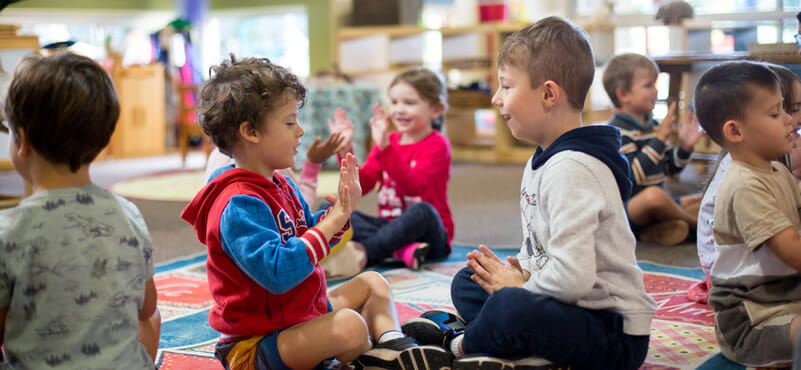
Tips to help your child’s language skills
Make it fun! That’s the first rule of thumb.
- Reading together is a great way to help your child with their language development, especially taking turns reading aloud either at the local library or at your usual storytime at home (bedtime is a great way to create a regular reading routine). Ask your child questions about the books you read together, interacting and engaging with the story. Be dramatic when you read, creating enthusiasm and interest.
- When your child is telling you a story or is interested in something they have seen whilst outside, take some time to talk about it with your child and show them you are interested in what they have to say.
- Singing along to songs in the car or playing nursery rhymes is always fun, and you can bring some humour into the activity by changing words to silly lyrics that your child will know aren’t part of the song. You can take it in turns to make up different words to sing along and replace the real words in the song.
- Play word games, tell jokes and riddles together. Encourage your child by laughing (even if their joke isn’t so funny!).
Look out for issues
Every child is different and learns at their own pace. So be aware of the milestones and timeframes for achieving those. What to look out for:
- Does your child understand directions?
- Can you understand your child when they talk – are they pronouncing words correctly and clearly?
- Does your child use gestures, for example, pointing, waving, putting their hands up to be picked up etc?
- Do they use new words each month?
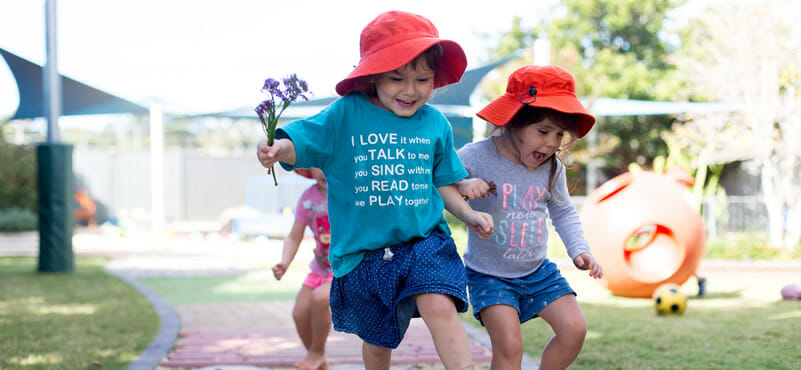
St Joseph’s Family Services Programs
At our centres, our Educators model and extend on your child’s communication and language skills from our very youngest babies to our five year olds. With babies, we listen and respond to their earliest verbalisations of babbling and cooing, teaching them about taking turns in conversations and the joy of face to face interactions. We are teaching and encouraging the use of gestures and facial expressions as we nod, smile and laugh with them, playing peek-a-boo, saying nursery rhymes, singing and reading books.
When a child says “ball”, we might say “throw ball” or when they say “truck”, we might say “big truck, big truck drive…brmmm”. We extend and model language at each child’s individual stage of development.
For our older children, we emphasise sounds and components of language. We play rhyming word games, beginning words sound games, break words into syllables in clapping games, and look at the relationship between sounds and letters. We help children understand the relationship between spoken and written words by setting foundations for positive literacy understandings and skills.
We incorporate songs and words from each child’s home culture in different languages. This can include sign language, songs, and gestures incorporated into our routines for all children. This understanding of different languages and ways to communicate enhances children’s cognitive and language skills development.
Book reading is one of the best ways to enhance your child’s communication skills. There is never an age that’s too young for reading books to. Did you know that children who are read just one book a day go to Kindergarten/ Primary School having heard over 300,000 more words more than children who haven’t been read books each day? The simple act of reading to your child not only enhances their vocabulary but increases their interest and love of literature from a young age. This positive connection with books and literacy also sets them up for success at school.
For more information, please contact us.
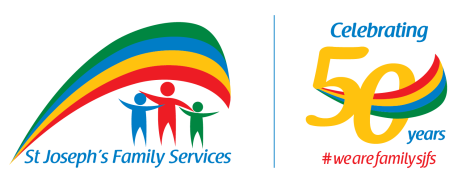

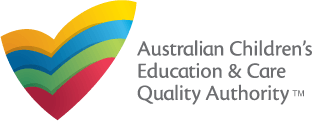

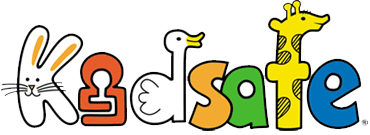

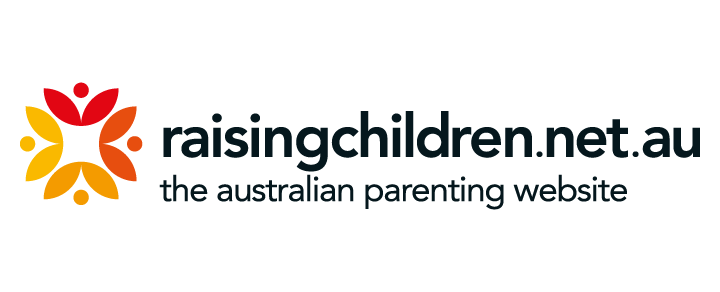
Leave A Comment